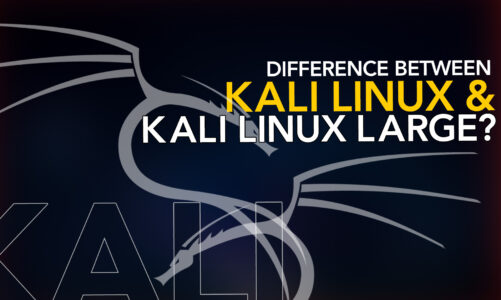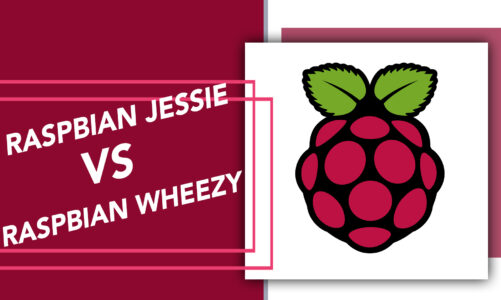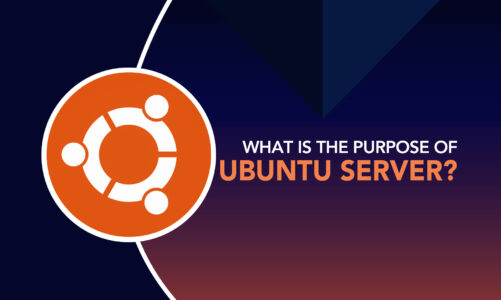Widely recognized as one of the most powerful and versatile operating systems, Linux has made a significant imprint in numerous areas. From personal computing and mobile devices to powerful servers and supercomputers, it truly dominates the software world. As such, a thorough understanding of Linux is becoming an increasingly valuable asset in the IT job market.
However, the journey to mastering Linux can be a daunting one, especially for beginners who might be overwhelmed by the depth and breadth of this powerful operating system. This is where books come into the picture. Books help build your knowledge from the ground up, presenting complex ideas in an understandable format. So which books should you get your hands on? Let’s walk you through some of the best Linux books for beginners and experts in 2023.
1: The Linux Command Line by William Shotts
This book is considered one of the Best Linux Books due to its comprehensive yet accessible approach to the Linux command line. Shotts adeptly guide readers from the basics to advanced command line tasks, making the book suitable for novices and a handy reference for experts.
Its practical examples and exercises enhance understanding and application of the knowledge, while Shotts’ clear writing style demystifies complex topics. Whether you’re starting your Linux journey or seeking to improve your command line proficiency, this book stands as a valuable resource in the realm of Linux literature.
2: Linux Pocket Guide by Daniel J. Barrett
The book’s clear writing style simplifies complex topics, making them accessible to novices, while its practical examples enhance understanding and applicability in real-world scenarios. Despite its compact size, it offers a broad spectrum of knowledge ranging from file systems to networks and servers, thus serving as a handy, portable reference guide for both daily use and on-the-go situations.
3: How Linux Works by Brian Ward
How Linux Works by Brian Ward is a highly recommended, comprehensive guide that demystifies the Linux operating system for beginners and experts alike. Its well-structured content, ranging from basic principles to complex processes, combined with detailed explanations and practical examples, makes it an invaluable resource for understanding Linux’s intricate architecture.
4: The Linux Programming Interface by Michael Kerrisk
The book is an authoritative guide on Linux and UNIX programming, revered by both novices and seasoned professionals. The book excels in presenting a clear narrative, complemented by numerous practical examples and exercises, fostering hands-on learning and understanding of the concepts.
It not only provides a robust tutorial for beginners but also serves as a comprehensive reference manual for experts. Its comprehensive treatment of the Linux API and detailed analysis of kernel design decisions makes it an indispensable resource.
5: Linux Kernel Development by Robert Love
The author expertly simplifies the complex kernel structures and operations for beginners while also delving into a wide array of kernel-related topics like process management, scheduling, memory management, system calls, and I/O. His approach allows a seamless transition from basic to advanced concepts, supplemented by relevant code snippets and real-world examples that illuminate the application of theoretical principles.
Continually updated to align with current Linux kernel development practices, the book stays relevant for experts. Moreover, it provides a thorough grounding in systems programming and hands-on learning opportunities for crafting kernel code.
6: Linux for Beginners by Jason Cannon
“The Linux for Beginners” by Jason Cannon is recognized as a premier resource for understanding Linux, an open-source operating system, owing to its comprehensive and systematic approach. The book begins with foundational concepts and gradually delves into more intricate subjects such as Linux commands, directory structure, permissions, shell scripting, and essential tools.
The author’s writing style stands out for its clarity and simplicity, rendering technical aspects of Linux accessible without heavy reliance on jargon. Its clear, step-by-step instructions demystify complex topics, making them approachable for beginners, while real-world examples enhance practical understanding.
Conclusion
Regardless of your current expertise level in Linux, there is always room to learn more. With the appropriate resources and a little commitment, you can become proficient in Linux sooner than you realize. The books mentioned above are some of the best resources you can get your hands on in the year 2023. So, don’t wait up; pick up a book, and start your journey towards Linux mastery!




